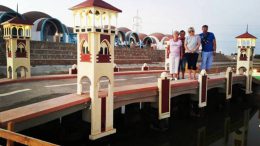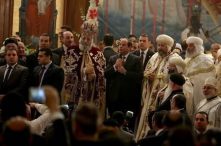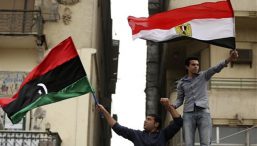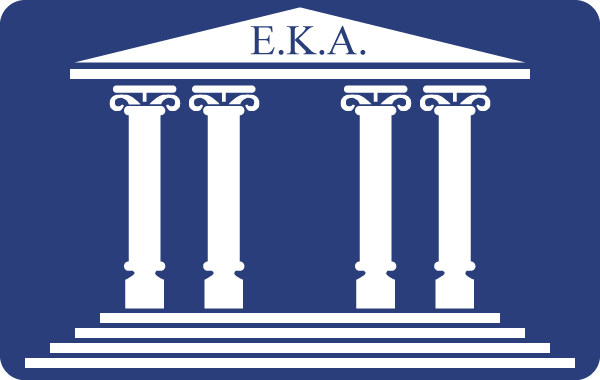Tag: Egypt
-

Hurghada witnesses the opening of Egypt’s first miniature city
Imagine having all of Egypt’s wonders and mesmerising monuments in one place, where one can go from the pyramids of Giza to Karnak temple in Luxor before paying a short visit to a Roman amphitheatre and the luxurious Montazah Palace in Alexandria. This has become possible just by visiting the Mini Egypt Park. Mini Egypt…
-

Egypt’s law on building churches dashes Christian hopes for equality
After 160 years of tight restrictions on building churches in Egypt, a highly anticipated law regulating the construction of churches was passed on 30 August 2016. But many Coptic Christians and rights organisations say that the law will do very little to practically change discrimination against Christians who represent 10 percent of Egypt’s more than 90 million citizens, most of who…
-

Greece plays a mediator between Libya and Egypt
The Greek Foreign Minister, Nikos Kotzias, said his country is trying to obtain the role of a mediator between Libya and Egypt and help in the implementation of the Skhirat-signed political agreement. In a joint presser Monday with the Foreign Minister of the Government of National Accord (GNA) Mohammed Sayala, Kotzias said Greece’s interest lies…
-

Egypt 2-0 Ghana: Pharaohs maintain perfect start to World Cup qualifying
A first-half Mohamed Salah penalty and a late goal from Abdallah Saied guided Egypt to a 2-0 victory over Ghana in their World Cup qualifier on Sunday. Egypt, who won 2-1 in their opening match in Congo last month, sit firmly on top of Group E with six points while Ghana are now at serious…
